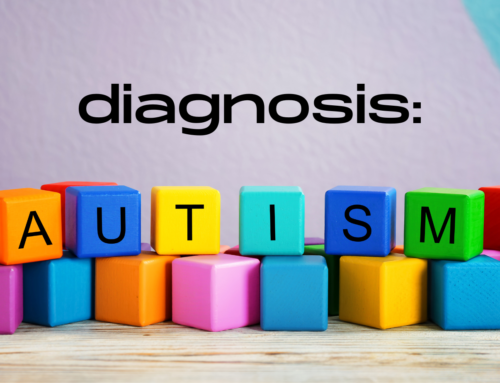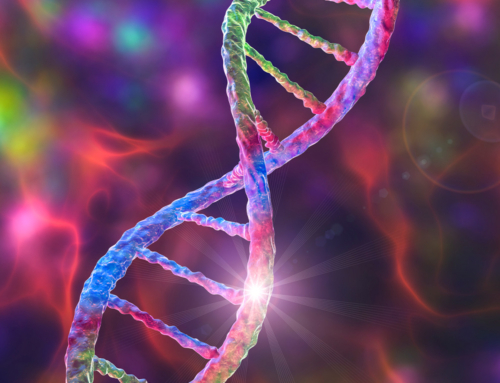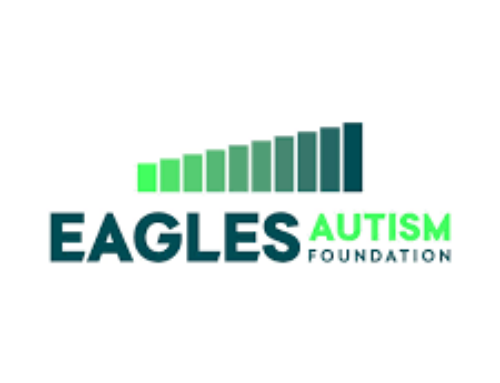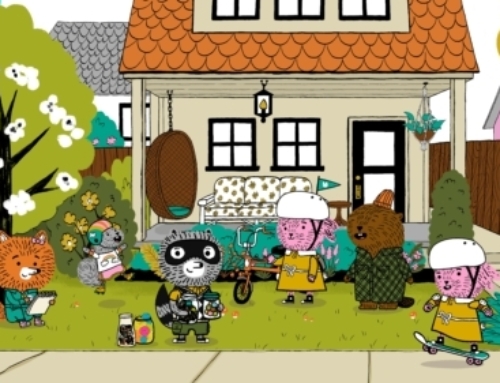With symptoms that can range from missed social cues to severe linguistic and cognitive
impairments, autism spectrum disorder (ASD) has proved a complex condition for geneticists to get their heads around.
Now the largest study to date based on the whole genome sequences of siblings with ASD, together with their non-autistic parents, is throwing a genetic spotlight on those complexities and yielding some surprises.
Among them: In only one third of the cases where the autism of one sibling with ASD was linked to a genetic variant did the other sibling with autism share the same variant.
At face value, such a result might seem to defy common sense. Autism is thought to affect about 1 in 68 children, which means the odds of two siblings having the disorder for entirely unrelated reasons should be very low.
One possible explanation is some of the variants the study looked at will prove in time not to be implicated in autism. Or there could be other still-hidden inherited factors that the siblings share that may increase the likelihood of ASD in some way. “Then, if they have another mutation, they’re pushed across the autism threshold,” says Stephen Scherer, director of the Centre for Applied Genomics at the Hospital for Sick Children in Toronto who led the study.
The possibility of different autism-linked genes coming into play among siblings with ASD matters for parents trying to choose the right treatments for their children. Even when outward symptoms are similar, the underlying genetics factors may call for completely different interventions.
And for families wondering whether they have more than one child with ASD when one child has a disorder that has been linked to a genetic variant, it is probably not enough to simply test to see whether other children in the family share that particular variant.
“You need to look at the whole genomes,” Dr. Scherer said. “Two thirds of the time it’s going to be something different.”
The study, which includes whole genomes from 85 families – 340 individuals in total – represents a significant step toward a larger initiative supported by the foundation Autism Speaks that ultimately aims to sequence 10,000 genomes. In conjunction with the study’s publication Monday in the journal Nature Medicine, the 340 genomes are among 1,000 that are now being made available to outside researchers via a platform developed by Google.
Read the story at TheGlobeandMail.com






